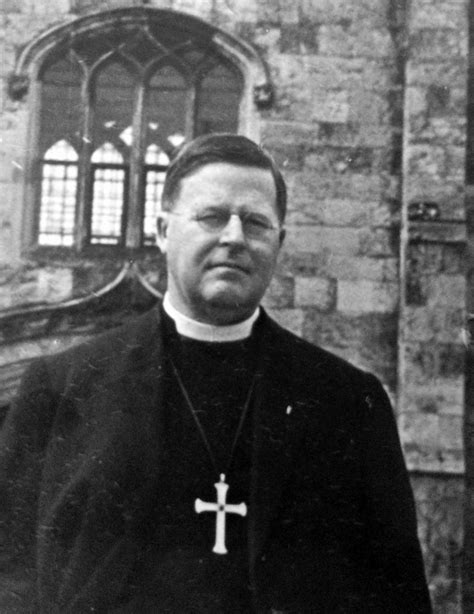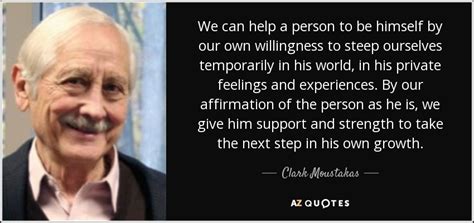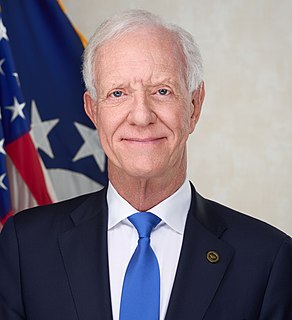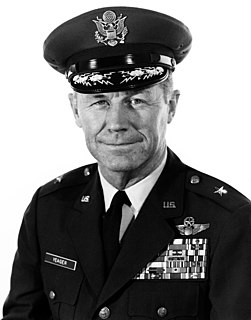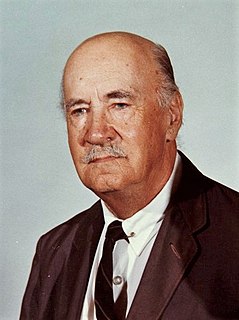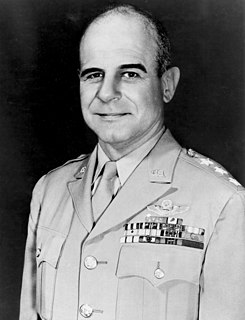A Quote by Charles Lindbergh
It is not the willingness to kill on the part of our soldiers which most concerns me. That is an inherent part of war. It is our lack of respect for even the admirable characteristics of our enemy; for courage, for suffering, for death, for his willingness to die for his beliefs, for his companies and squadrons which go forth, one after another, to annihilation against our superior training and equipment.
Related Quotes
The essential facts are known. We know of the weapons in Saddam's possession: chemical, biological, and nuclear in time. We know of his unequaled willingness to use them. We know his history. His invasions of his neighbors. His dreams of achieving hegemonic control over the Arab world. His record of anti-American rage. His willingness to terrorize, to slaughter, to suppress his own people and others. We need not stretch to imagine nightmare scenarios in which Saddam makes common cause with the terrorists who want to kill us Americans and destroy our way of life.
That which should distinguish the suffering of believers from unbelievers is the confidence that our suffering is under the control of an all-powerful and all-loving God. Our suffering has meaning and purpose in God's eternal plan, and He brings or allows to come into our lives only that which is for His glory and our good.
Vulnerability is not weakness, and the uncertainty, risk, and emotional exposure we face every day are not optional. Our only choice is a question of engagement. Our willingness to own and engage with our vulnerability determines the depth of our courage and the clarity of our purpose; the level to which we protect ourselves from being vulnerable is a measure of our fear and disconnection.
Prayer is the converse of the soul with God. Therein we manifest or express to Him our reverence, and love for His divine perfection, our gratitude for all His mercies, our penitence for our sins, our hope in His forgiving love, our submission to His authority, our confidence in His care, our desires for His favour, and for the providential and spiritual blessings needed for ourselves and others.
Worship is the submission of all our nature to God. It is the quickening of conscience by His holiness; the nourishment of mind with His truth; the purifying of imagination by His Beauty; the opening of the heart to His love; the surrender of will to His purpose - and all of this gathered up in adoration, the most selfless emotion of which our nature is capable and therefore the chief remedy for that self-centeredness which is our original sin and the source of all actual sin.
Many concerns now make part or the whole of their dividends from by-products that formerly went to waste. How do we, as individuals, utilize our principal by-product? Our principal by-product is, of course, our leisure time. Many years of observation forces the conclusion that a man's success or failure in life is determined as much by how he acts during his leisure as by how he acts during his work hours. Tell me how a young man spends his evenings and I will tell you how he is likely to spend the latter part of his life.








